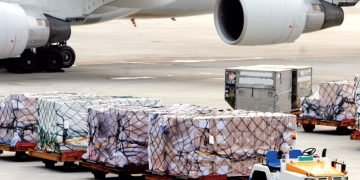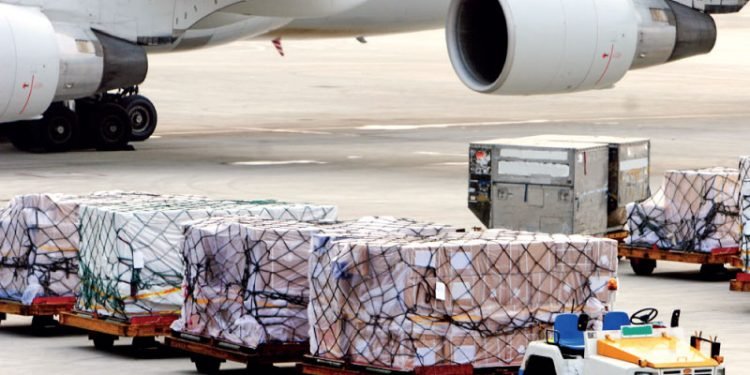According to the latest data from the International Air Transport Association (IATA), global air cargo demand experienced a decline in November, reflecting ongoing challenges in the logistics sector. Measured in cargo tonne-kilometers (CTKs), volumes fell year-on-year amid softened economic conditions and shifting market dynamics.
Key Insights from IATA’s Report
- Decline in Demand: Global air cargo demand decreased, driven by a slowdown in economic growth, reduced consumer spending, and inventory adjustments by businesses.
- Freight Rates Under Pressure: As capacity increases outpaced demand recovery, freight rates and yields saw a downward trend, creating challenges for air cargo carriers.
- Capacity Increases: Global capacity rose, with more belly cargo space available due to the recovery of passenger flights. This dynamic contributed to rate reductions as carriers faced intensified competition.
Regional Performance Highlights
- Asia-Pacific: Declining exports and reduced industrial output continued to affect air cargo volumes in the region, a key driver of global trade.
- Europe: Economic uncertainties and inflationary pressures dampened demand for outbound shipments, particularly to Asia.
- North America: Stabilized domestic demand partially offset international declines, reflecting a more balanced regional performance.
Logistics Giants Adjust Strategies
Amid these challenges, major logistics providers like MSC, Maersk, and DB Schenker are diversifying their services to address shifting demand patterns. For instance:
- MSC and Maersk continue to expand their integrated logistics offerings.
- DB Schenker has enhanced its Europe-to-Asia services to better cater to customer needs in fluctuating markets.
Looking Ahead: Air Cargo in 2025
Despite short-term declines, the outlook for air cargo remains cautiously optimistic as businesses adapt to changing market conditions:
- Technology Adoption: Increased reliance on digital solutions to optimize freight management.
- Sustainability Initiatives: Greater focus on reducing carbon emissions through green logistics practices.
- E-Commerce Growth: Continued expansion of cross-border e-commerce is expected to drive future air cargo demand.
Conclusion
While the November decline highlights the volatility in the air cargo sector, industry players are proactively adapting to ensure resilience and competitiveness. As the global economy stabilizes, air cargo demand is expected to rebound, driven by evolving consumer behaviors and technological advancements.
#AirCargo #IATA #LogisticsTrends #GlobalTrade #FreightRates #SupplyChainResilience #TheLogisticNews #SustainabilityInLogistics #AirFreight #ECommerceGrowth























